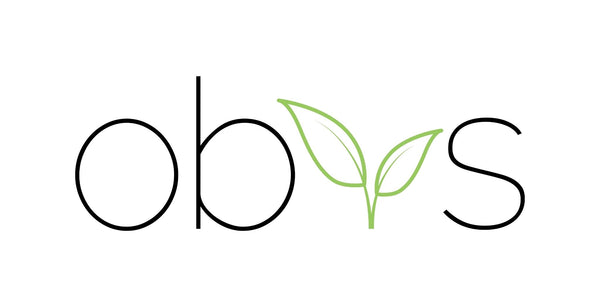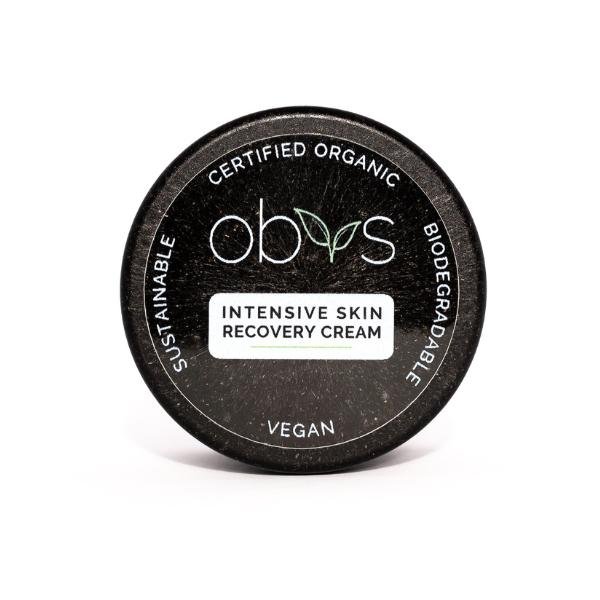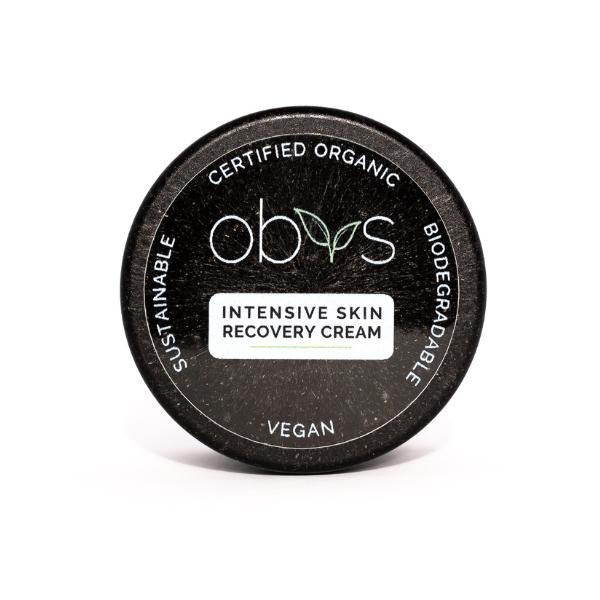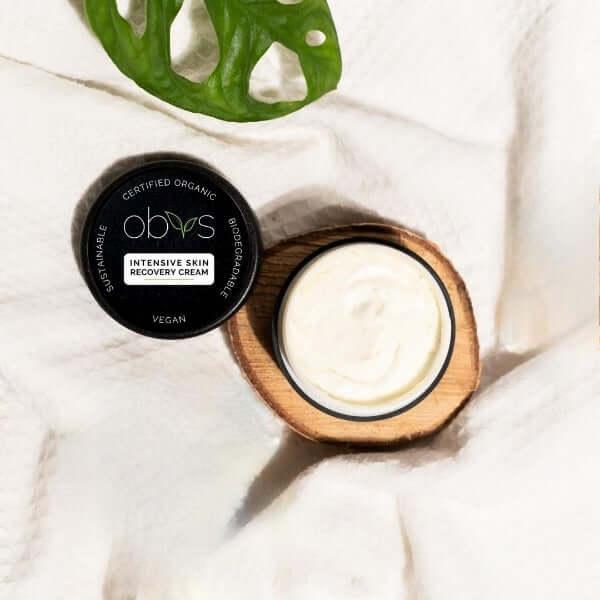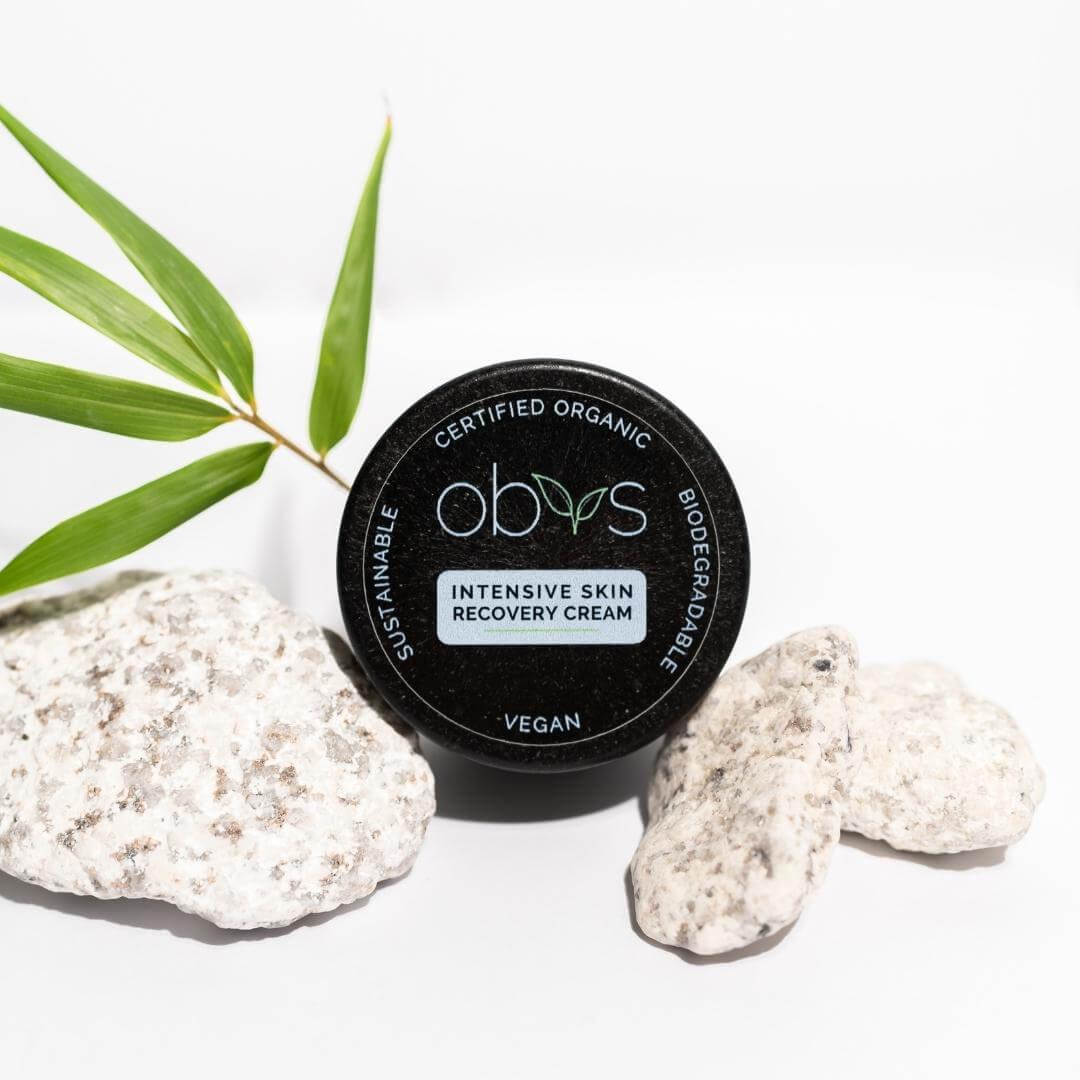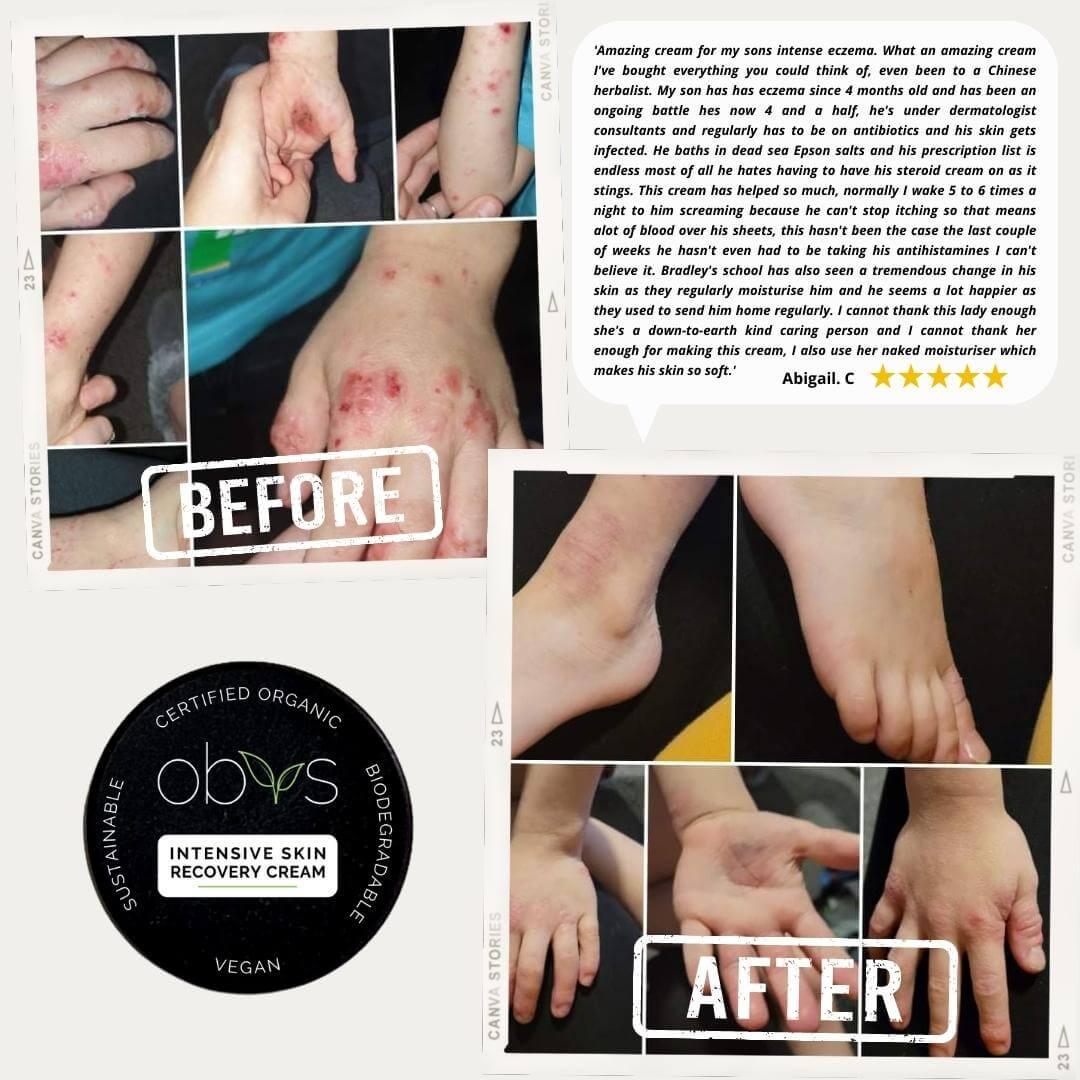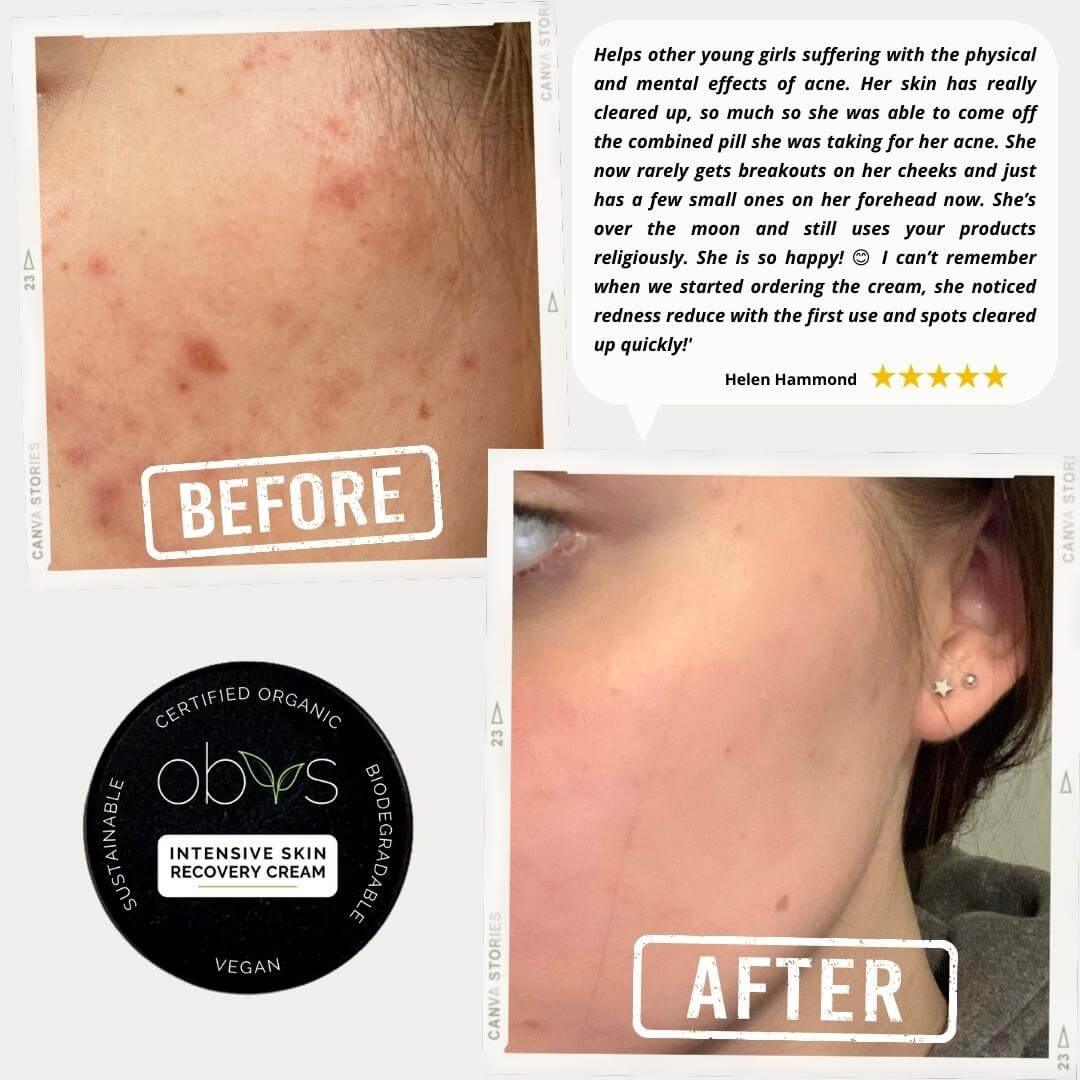
Bee-Free Science-Backed Beauty
Share
Unveiling the Buzz: Why Obvs Skincare Embraces Bee-Free Science-Backed Beauty
Contents
- Introduction
- Beyond the Hype: Ethical Concerns and Environmental Impact
- Obvs Skincare Prioritises Transparency: Empowering Informed Choices
- Science-Backed Reasons to Avoid Beeswax in Skincare
- Comedogenicity
- Allergic Reactions
- Occlusive Nature
- Sustainability and Ethical Concerns
- Antibacterial Resistance
- Presence of Contaminants
- Why Beeswax May Not Be Ideal for Acne, Eczema, or Allergies
- Vegan Doesn't Mean Subpar: Unveiling Powerful Plant-Based Powerhouses
- Candelilla Wax
- Shea Butter
- Organic Safflower Oil
- Addressing Skin Sensitivities and Preferences
- The Future of Beauty is Sustainable and Bee-Free
- Key Takeaways
- References
Introduction
For decades, beeswax has been a mainstay in natural skincare, lauded for its moisture-locking abilities and luxurious textures. However, at Obvs Skincare, we've taken a science-driven approach, opting for innovative, bee-free alternatives. Here, we delve deeper into the reasons behind this decision, exploring the science of plant-based ingredients and the growing shift towards sustainable, cruelty-free beauty.
Beyond the Hype: Ethical Concerns and Environmental Impact
The ethical implications of beeswax are a growing concern for many consumers. Traditional beekeeping practices can disrupt hive ecosystems and honey production. Additionally, the rising demand for beeswax can contribute to unsustainable beekeeping methods.
Obvs Skincare Prioritises Transparency: Empowering Informed Choices
Obvs Skincare champions transparency. While beeswax itself isn't inherently cruel, ensuring ethical sourcing and sustainable practices throughout the supply chain can be challenging. We choose to eliminate this uncertainty, opting for plant-based alternatives with scientifically proven benefits. This empowers you, the conscious consumer, to make informed choices aligned with your values.
Science-Backed Reasons to Avoid Beeswax in Skincare
Beeswax has been a popular ingredient in skincare products for its emollient and protective properties. However, there are several science-backed reasons why it might be prudent to avoid beeswax in skincare, especially for certain individuals or under specific circumstances:
Comedogenicity
Beeswax is considered comedogenic, which means it can clog pores and contribute to acne. A study on the comedogenic potential of various cosmetic ingredients lists beeswax as one that can cause comedones (blackheads and whiteheads).
Allergic Reactions
Beeswax can cause allergic reactions in some people, especially those who are sensitive to bee products. Allergic contact dermatitis has been reported in individuals using products containing beeswax. The allergens can include residual bee pollen, propolis, or other bee-derived substances that remain in the wax.
Occlusive Nature
Beeswax forms a barrier on the skin, which can trap moisture but also impede the skin’s natural ability to breathe and eliminate toxins. While this occlusive property can be beneficial for protecting the skin, it can also exacerbate conditions like acne or folliculitis by trapping sweat, bacteria, and sebum.
Sustainability and Ethical Concerns
The production of beeswax can raise sustainability and ethical concerns. Harvesting beeswax can disrupt bee colonies and contribute to the decline of bee populations, which are already under threat from various environmental factors. Ethical considerations might lead some consumers to avoid beeswax in favor of more sustainable and cruelty-free alternatives.
Antibacterial Resistance
While beeswax has some antibacterial properties, its long-term use might contribute to the development of resistant strains of bacteria. This is a broader concern in skincare where antibacterial agents are used, and overuse can lead to resistance, potentially making infections harder to treat.
Presence of Contaminants
Beeswax can sometimes contain contaminants such as pesticides, heavy metals, and environmental pollutants. Studies have shown that beeswax can accumulate these harmful substances, which can then be transferred to skincare products and potentially absorbed by the skin.
Why Beeswax May Not Be Ideal for Acne, Eczema, or Allergies
Beeswax, while beneficial in many ways, may not be suitable for individuals with certain skin conditions or sensitivities:
Acne
Due to its comedogenic nature, beeswax can clog pores and contribute to the development of acne. This is particularly problematic for those with acne-prone skin, as clogged pores can lead to blackheads, whiteheads, and other forms of acne. Choosing non-comedogenic alternatives helps keep the pores clear and the skin healthier.
Eczema
For those with eczema, beeswax can sometimes exacerbate symptoms. Its occlusive properties can trap moisture, but also irritants, which can worsen the condition. Plant-based alternatives often provide a more breathable barrier, reducing the risk of flare-ups and irritation.
Allergies
Individuals with allergies, especially to bee products, may find beeswax problematic. Residual pollen, propolis, and other substances in beeswax can trigger allergic reactions, leading to redness, itching, and discomfort. Hypoallergenic, plant-based ingredients are typically a safer choice for sensitive skin.
Vegan Doesn't Mean Subpar: Unveiling Powerful Plant-Based Powerhouses
The good news? You don't have to compromise on efficacy when choosing bee-free skincare. Nature offers a treasure trove of plant-based ingredients boasting impressive scientific backing:
Candelilla Wax
This plant-derived superstar mimics the properties of beeswax, offering a luxurious texture and exceptional moisture-locking abilities, all without the ethical concerns.
Shea Butter
A natural humectant and emollient, shea butter is scientifically proven to deeply nourish and soften the skin. Studies have shown its efficacy in improving skin barrier function.
Organic Safflower Oil
Rich in linoleic acid (Omega-6), organic safflower oil is a lightweight, non-comedogenic champion. This means it won't clog pores, making it suitable for all skin types, even sensitive skin. Additionally, research suggests safflower oil's anti-inflammatory properties.
These scientifically validated plant-based powerhouses, along with other carefully chosen ingredients, work synergistically to create effective, luxurious skincare solutions that are gentle on your skin and kind to the planet.
Addressing Skin Sensitivities and Preferences
It's important to acknowledge that not everyone is fond of the scent of beeswax. Personally, I do not like the smell of beeswax. Beyond personal preferences, beeswax can also have negative effects on the skin. For some individuals, it can cause clogged pores, leading to breakouts and irritation, especially for those with sensitive or acne-prone skin. Our bee-free alternatives ensure that you don't have to deal with these potential downsides.
The Future of Beauty is Sustainable and Bee-Free
The movement towards vegan and cruelty-free beauty is gaining momentum. Consumers are increasingly seeking brands that prioritize sustainability and responsible sourcing. By choosing bee-free skincare from Obvs, you're not just making a positive choice for your skin, you're contributing to a future where beauty and environmental responsibility go hand-in-hand.
Let's face it, if you're like Sian, beeswax might not be your cup of tea (or moisturiser, for that matter). Obvs Skincare offers effective, scientifically-backed alternatives that are not only kind to the planet but cater to even the most discerning noses.
Key Takeaways
- Beeswax, while popular, poses several ethical, environmental, and skin-related concerns.
- It can clog pores, cause allergic reactions, and contribute to sustainability issues.
- Obvs Skincare opts for plant-based alternatives like candelilla wax, shea butter, and organic safflower oil.
- These alternatives provide comparable, if not superior, benefits without the associated downsides.
- Choosing bee-free skincare supports a more sustainable and cruelty-free beauty industry.
Discover the Obvs Skincare Organic Balm, a nourishing emollient crafted without petroleum or beeswax, ideal for soothing eczema-prone skin.
Formulated with plant-based ingredients like candelilla wax, shea butter, and organic safflower oil, it provides intensive hydration and promotes skin barrier repair. Gentle yet effective, this balm is designed to alleviate dryness and irritation, making it a trusted choice for sensitive skin.
References
- Fulton JE Jr, Pay SR, Fulton JE 3rd. "Comedogenicity of current therapeutic products, cosmetics, and ingredients in the rabbit ear." J Am Acad Dermatol. 1984.
- De Groot AC. "Contact allergy to cosmetics: causative ingredients." Contact Dermatitis. 1987.
- Agner T, Serup J. "Skin reactions to gloves. A controlled study of glove-induced epidermal changes measured with non-invasive techniques." Contact Dermatitis. 1989.
- Potts SG et al. "Declines of managed honey bees and beekeepers in Europe." J Apic Res. 2010.
- Davies J, Davies D. "Origins and evolution of antibiotic resistance." Microbiol Mol Biol Rev. 2010.
- Gajger IT, Dar SA, Plant J. "Contamination of Honey and Other Bee Products." Environ Sci Pollut Res Int. 2014.
